World tourism is recovering, reaching 84% compared to before the pandemic, of which the Middle East grew 20% compared to 2019, Asia - Pacific by 61%.
According to the United Nations World Tourism Organization (UNWTO), 700 million people traveled internationally from January to July this year, up 43% from the same period in 2022 and 84% from 2019. The recovery was led by the Middle East, Europe and Africa, with the Middle East the only region to see more arrivals than in 2019, up 20%.
Europe welcomed 91% of the number of visitors compared to the same period before the pandemic, most of them coming from within the EU and the US. Africa recovered 92% and the Americas ranked 4th with a recovery rate of 87%.
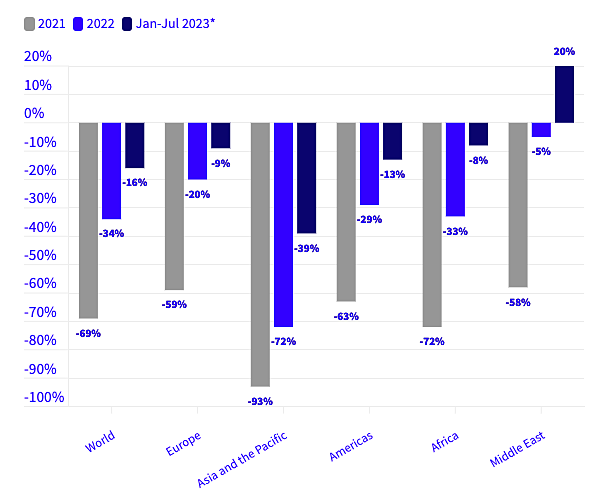
Recovery of international arrivals compared to 2019 globally and by region. Photo: UNWTO
In Asia-Pacific, the recovery rate reached 61%. UNTWO assessed this recovery as "very fast" compared to 2022 thanks to many major markets such as China and Japan easing quarantine measures and reopening.
In Vietnam, the latest figures from the National Tourism Administration show that in the first 10 months of the year, it welcomed 10 million international visitors, equal to 67% compared to the same period in 2019.
July was the peak month with more than 145 million international arrivals recorded, accounting for 20% of the world's total tourist arrivals in the seven months. "The data once again shows that tourism is recovering strongly in all parts of the world," said UNWTO Secretary-General Zurab Pololikashvili.
Pololikashvili added that the tourism industry also needs to adapt to challenges as it begins to recover, such as the harsh weather and heatwave that hit Europe this summer. In addition, the large number of tourists starting to travel again will lead to the need to build a more comprehensive and sustainable management system globally.

Tourists take photos in front of Emirates Palace in Abu Dhabi, UAE. Photo: Gulf news
It is predicted that the world tourism industry will continue to recover in the fourth quarter of this year, but "moderately" compared to the peak season from June to August.
According to the UNWTO Panel of Experts, the challenging economy continues to be a factor influencing the effective recovery of world tourism in 2023.
Prolonged inflation and high oil prices have led to higher transportation and accommodation costs. This has affected the travel trends of tourists such as saving more money, staying closer to home and taking shorter trips.
Anh Minh (According to UNTWO )
Source link





![[Photo] Visiting Cu Chi Tunnels - a heroic underground feat](https://vstatic.vietnam.vn/vietnam/resource/IMAGE/2025/4/8/06cb489403514b878768dd7262daba0b)









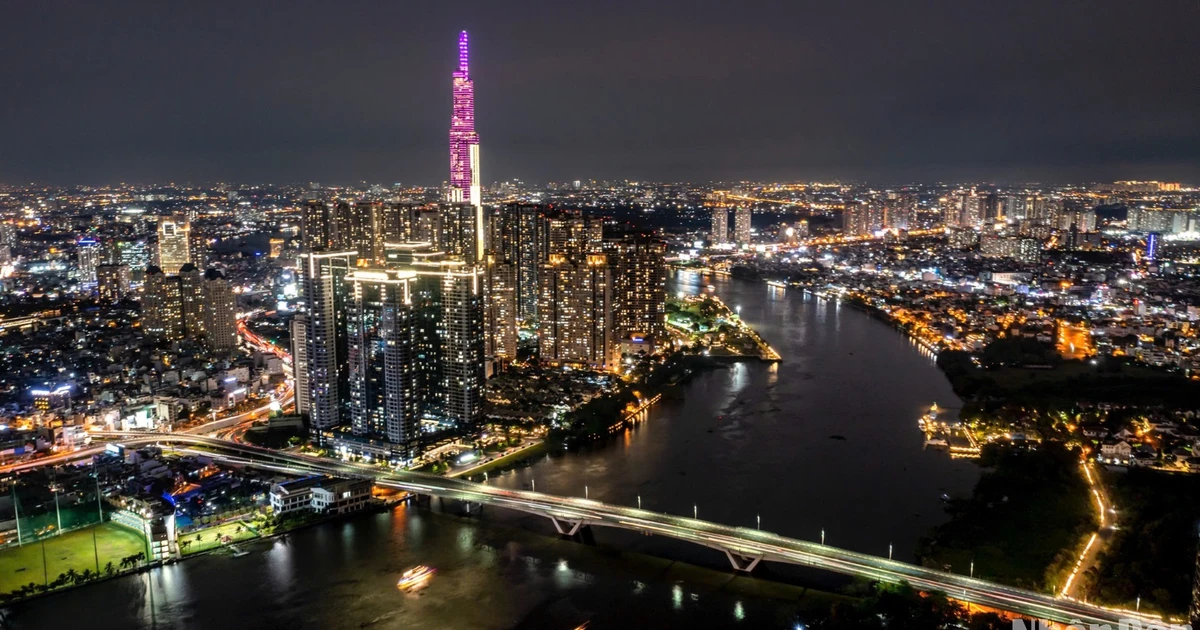
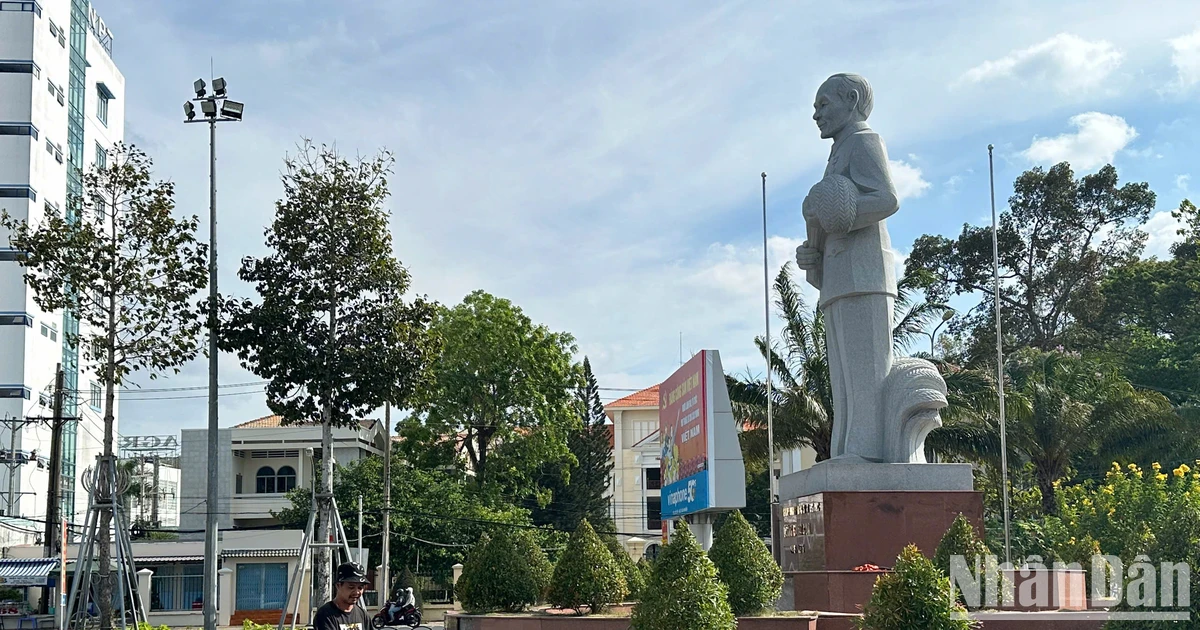
![[Photo] Romantic pink season in B'Lao](https://vstatic.vietnam.vn/vietnam/resource/IMAGE/2025/4/6/fc785a03932e474e90e5898e43170e6b)

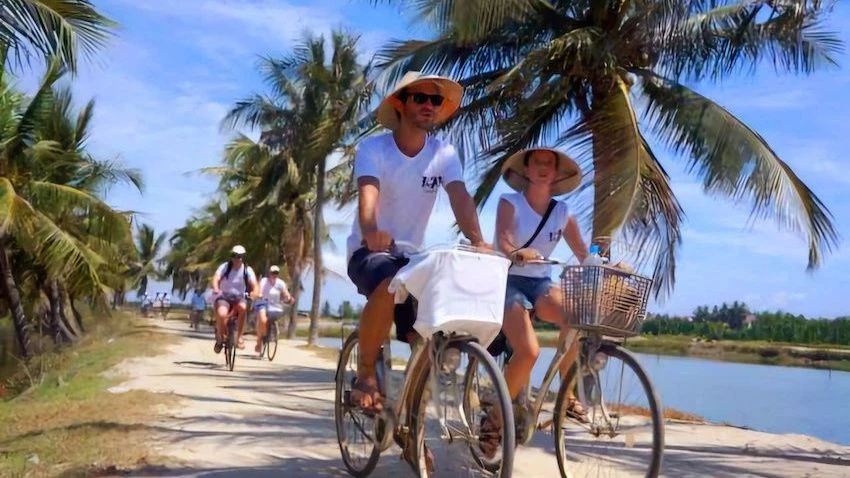











































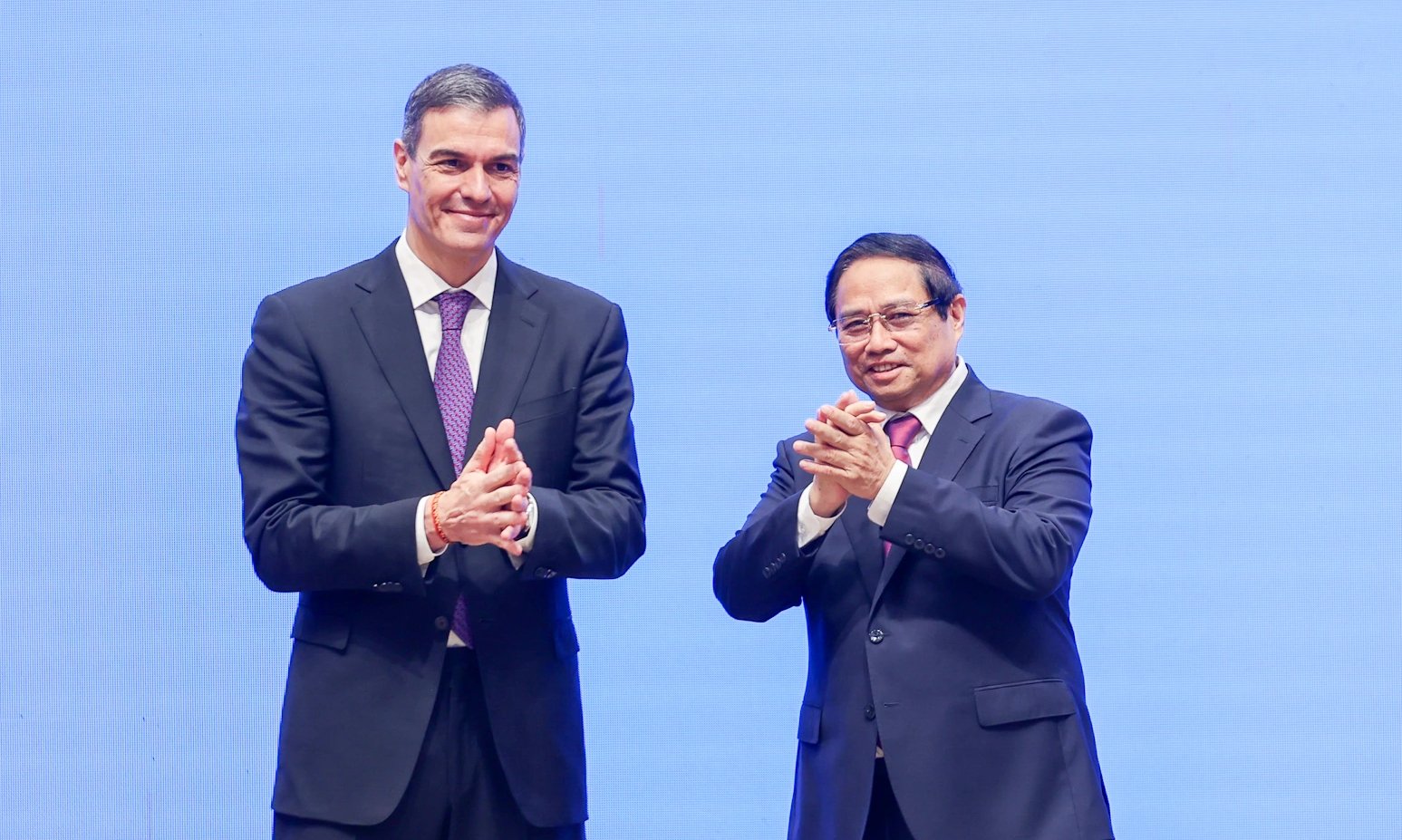

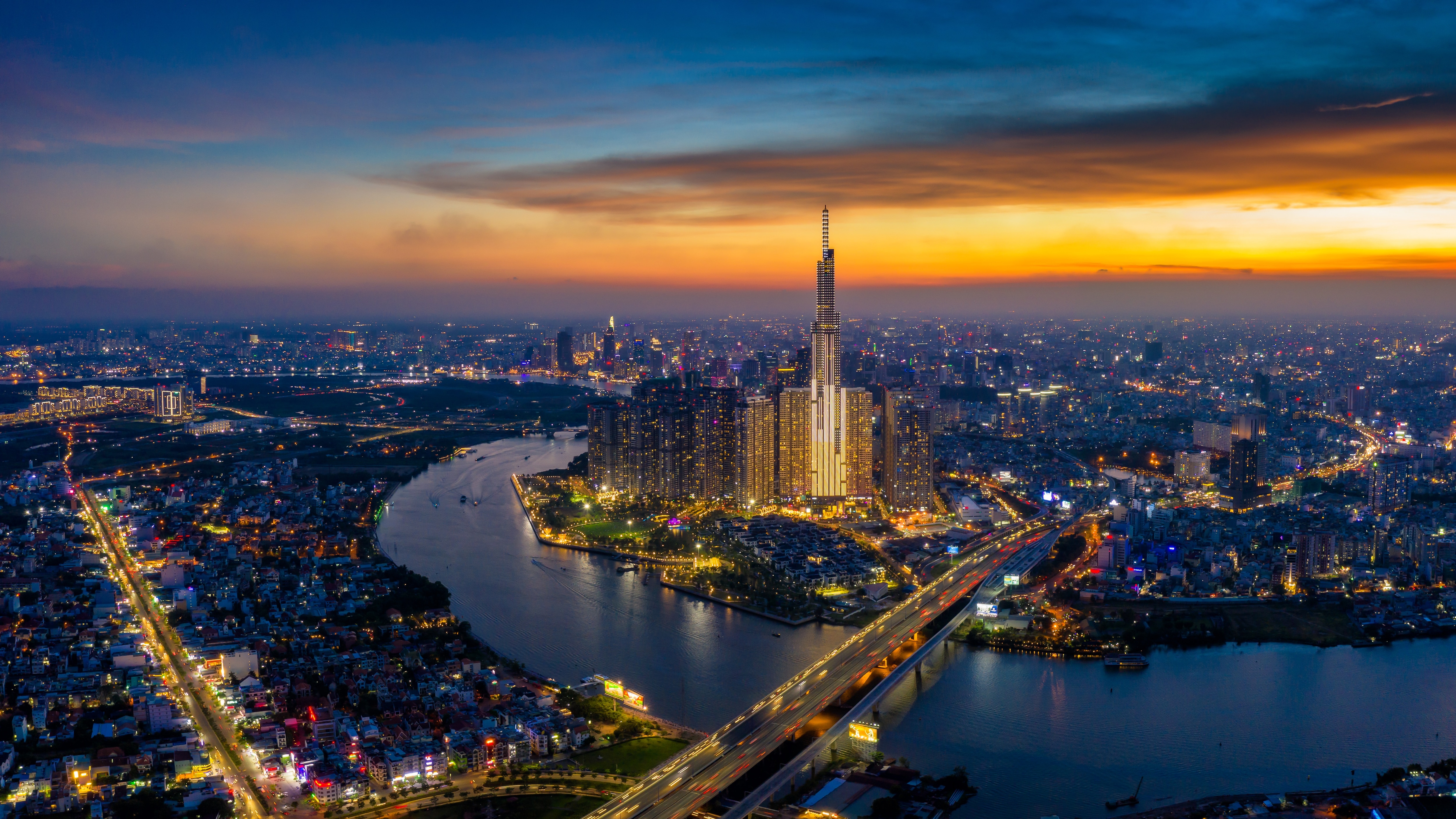

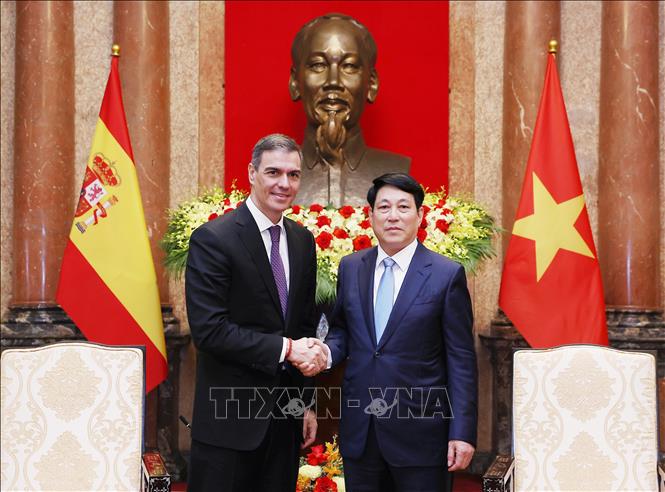









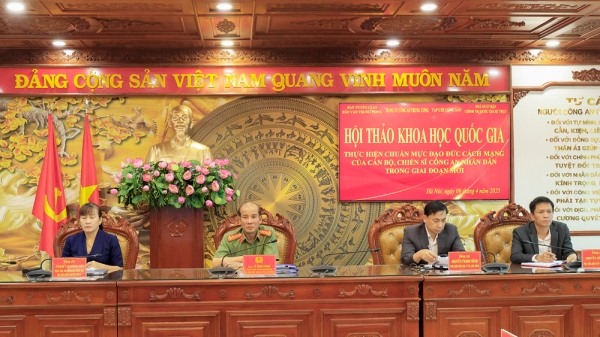
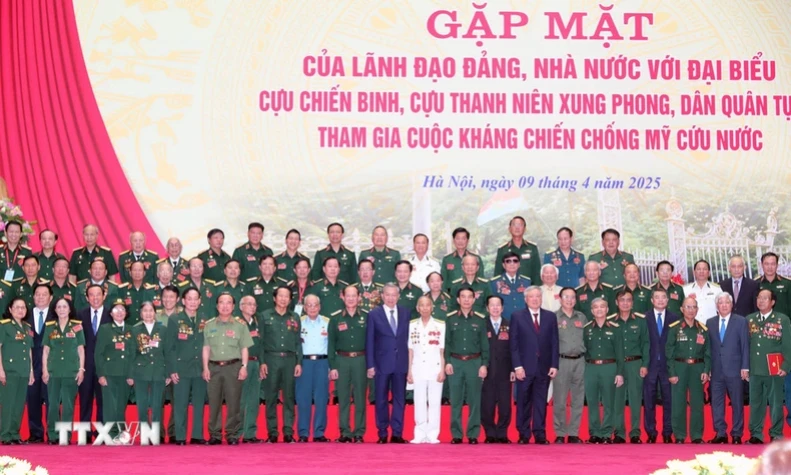
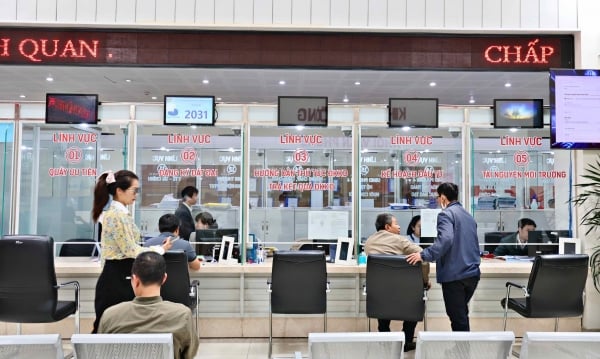
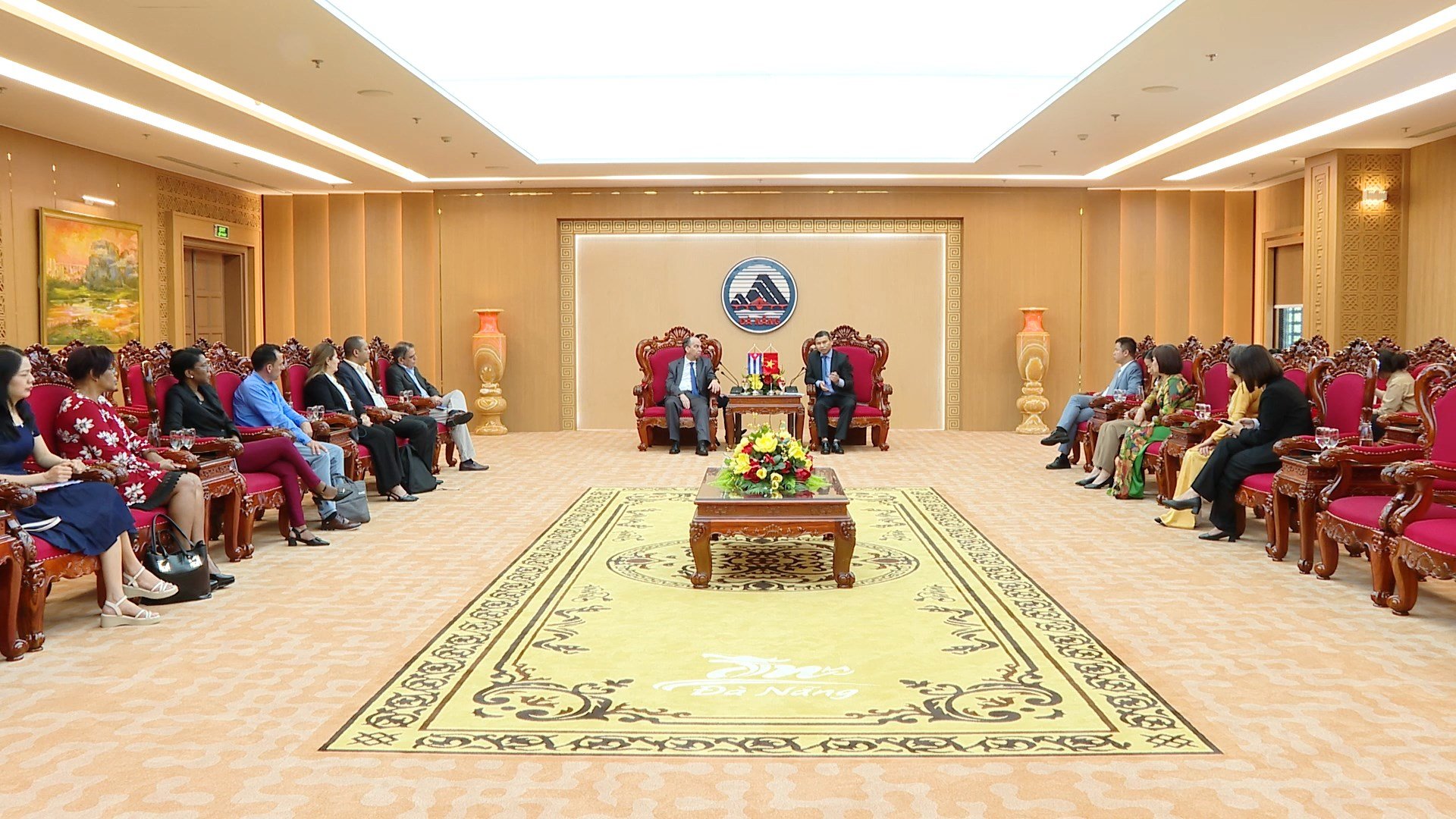
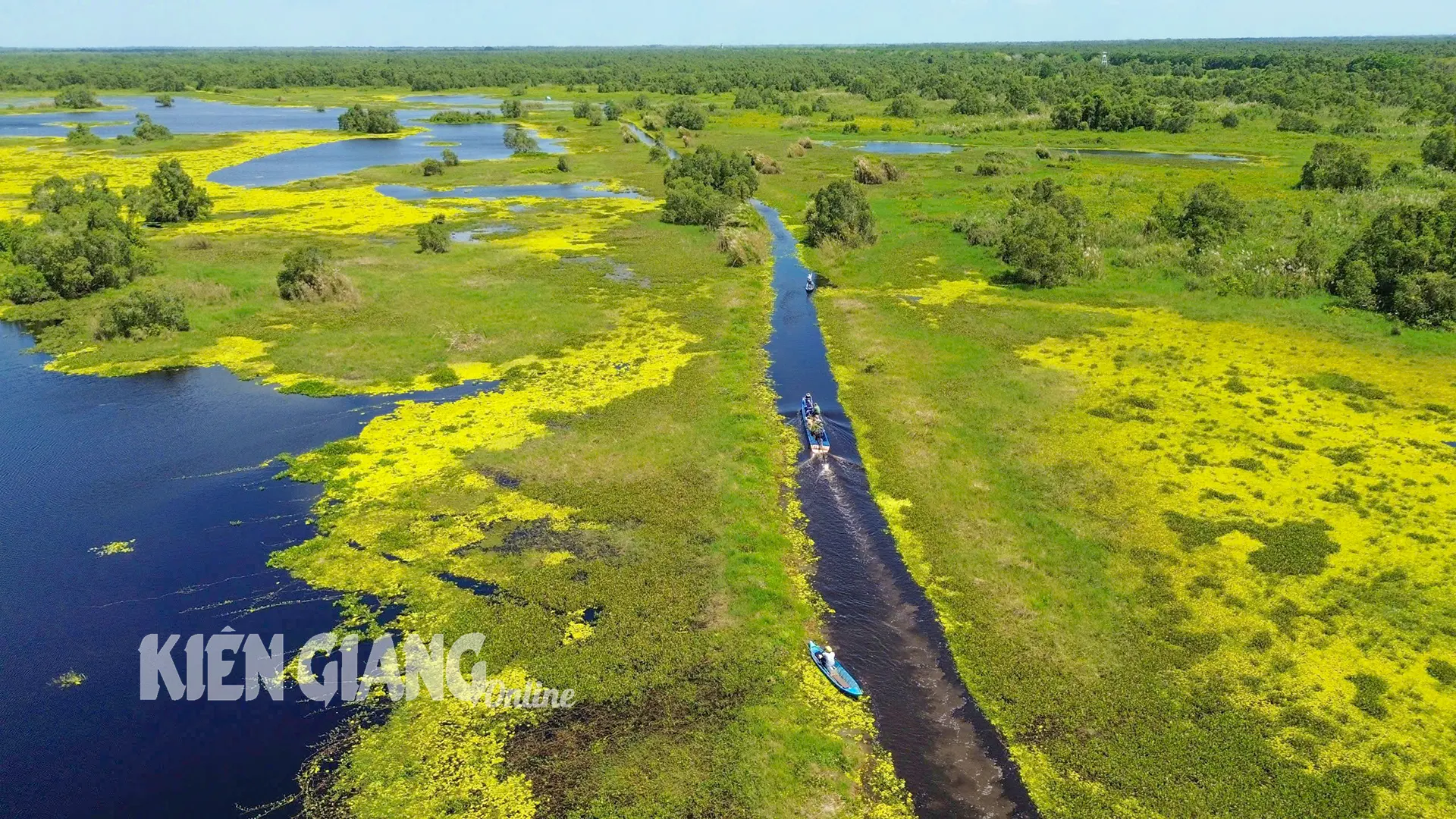










Comment (0)